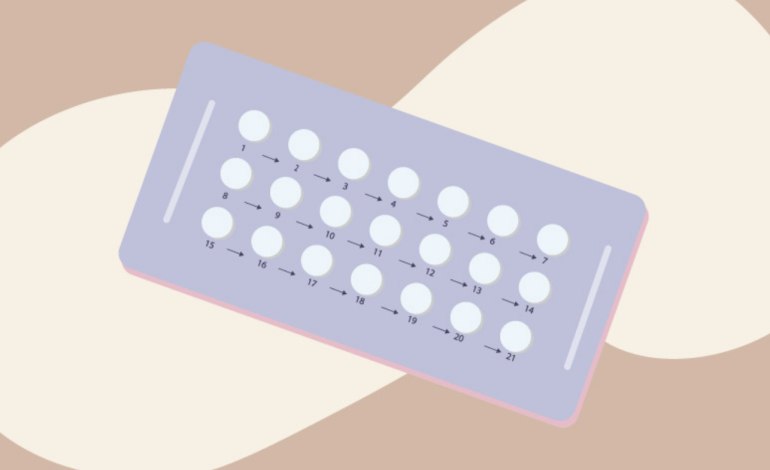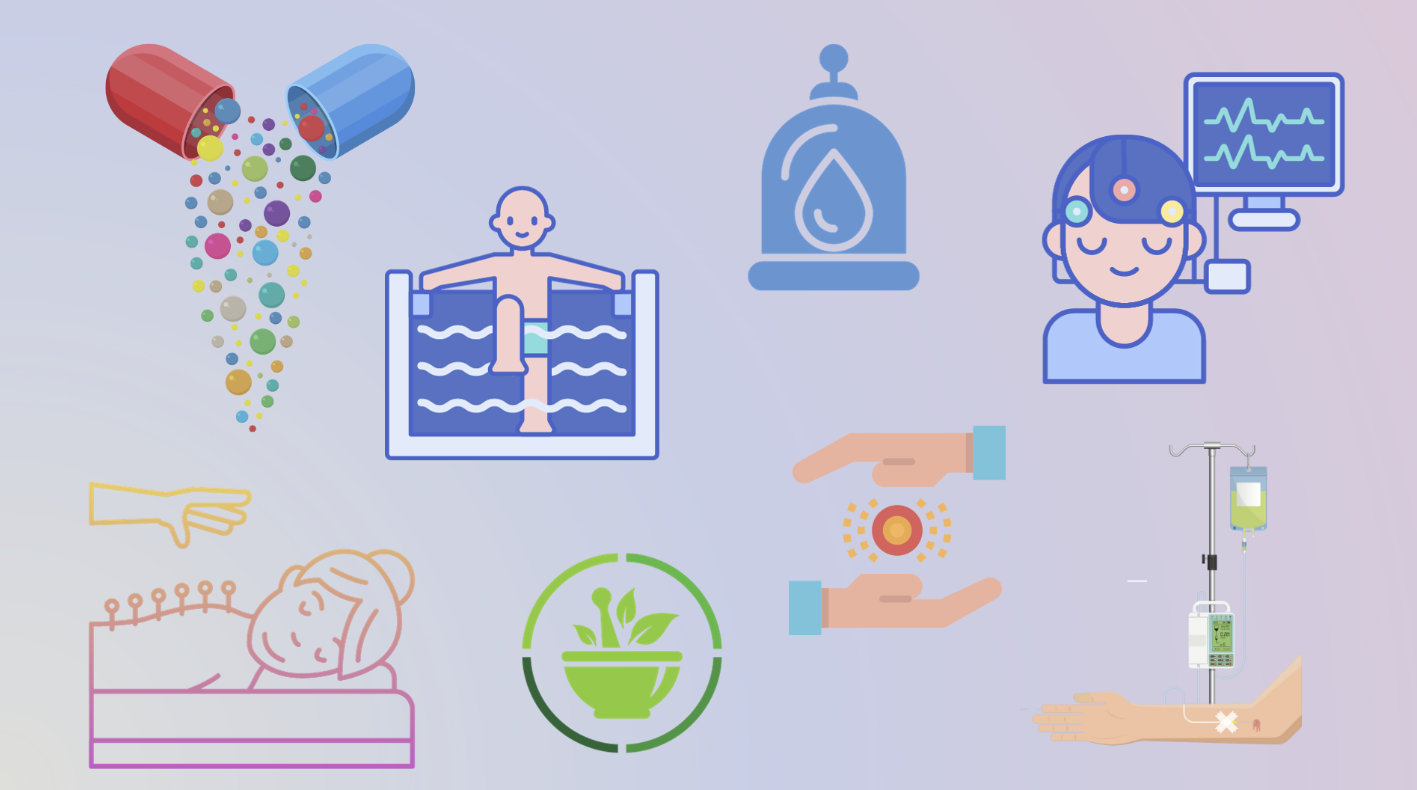
How to Reduce Cholesterol and Triglycerides in Autoimmune Patients

What Autoimmune Patients Should Know About Cholesterol
Cholesterol often gets ignored until it’s too late. But what exactly are healthy levels? And what about triglycerides? These answers can vary, even among doctors who take a natural approach to cholesterol management. Traditional doctors tend to overlook the fact that high levels of HDL, the so-called “good” cholesterol, might not always be as beneficial as we think, especially for autoimmune patients.
In this post, I’ll discuss how to lower cholesterol naturally and why trying to increase HDL cholesterol as a health strategy might not be the best move, particularly for those with autoimmune conditions.
What Are LDL and HDL Cholesterol?
Cholesterol is a waxy, fat-like substance produced by your liver. It’s essential for good health, but very high levels can contribute to heart disease. While we do get some cholesterol from food, the majority is made by our bodies.
Cholesterol travels through your bloodstream attached to proteins called lipoproteins. These proteins carry cholesterol in various forms. There are two main types: low-density lipoprotein (LDL), often referred to as “bad” cholesterol, and high-density lipoprotein (HDL), known as “good” cholesterol. While elevated LDL is linked to an increased risk of heart disease, HDL is typically seen as protective. However, as you’ll see, very high levels of HDL may not always be beneficial. Another type of cholesterol is very low-density lipoprotein (VLDL), which carries more triglycerides and less cholesterol through the blood.
Health Benefits of Cholesterol
Cholesterol is often vilified, but our bodies actually need it for many important functions. It’s part of every cell in your body, and your brain contains a lot of cholesterol because it’s essential for brain cell function and communication. Cholesterol is also the building block for vitamin D and various hormones. The problem arises when cholesterol levels, particularly LDL, get too high.
What Are Triglycerides?
Triglycerides, like cholesterol, are fats in your blood. When your doctor orders a lipid panel, they’ll measure both your cholesterol and triglycerides. Triglycerides are stored fat that your body uses as an energy reserve. After eating refined carbs like pastries or pasta, your body converts the extra calories into triglycerides, which are then stored in fat cells. When your body needs energy, these triglycerides are released.
While not the same as cholesterol, high triglycerides can point to underlying problems. Elevated triglycerides are often linked to insulin resistance, low thyroid function, and conditions like prediabetes, type 2 diabetes, or metabolic syndrome. High triglycerides can lead to hardened arteries and, in severe cases, inflammation of the pancreas.
What Is a High Cholesterol Number?
So what’s considered normal? Many doctors aim for total cholesterol levels under 200, though some push for even lower levels. However, lowering cholesterol too much can have negative effects, especially in older patients, where very low cholesterol is linked to cognitive decline and dementia.
From a functional medicine perspective, it’s usually ideal to have total cholesterol between 150 and 200. However, the ratio of your cholesterol lipoproteins is more important than the total number itself. A low ratio of total cholesterol to HDL suggests good cardiovascular health. Ratios under 3 are considered protective, reducing the risk of heart disease, stroke, and heart attacks.
Optimal Cholesterol and Triglyceride Ranges
Here’s a quick look at the ideal cholesterol and triglyceride levels:
- Total cholesterol: 150-200
- LDL: Less than 100
- Triglycerides: Less than 100
- HDL: 60-85
- Total cholesterol:HDL ratio: 3 or under
The Dark Side of HDL
Although HDL is often called the “good” cholesterol, higher levels of it aren’t always better. For some individuals, especially those with autoimmune diseases like rheumatoid arthritis, very high HDL levels (over 85) may actually indicate inflammation, as HDL is known to rise in response to inflammation or infection. In certain autoimmune conditions, high HDL can even increase the risk of heart disease and osteoporosis.
How to Lower Total and LDL Cholesterol
Many people turn to statin drugs to lower their cholesterol. However, these medications can have side effects like muscle weakness and pain (known as autoimmune myopathy) and may not be suitable for those with autoimmune conditions. Statins also deplete coenzyme Q10, an important nutrient for heart health, and inhibit the production of vitamin K2, which helps prevent arterial calcification. Additionally, statins don’t address the root cause of heart disease, which is inflammation.
Lowering LDL Cholesterol Naturally
You can lower LDL cholesterol with diet and lifestyle changes. Eating more vegetables, fruits, and lean, organic meats can help lower LDL levels. Ground flaxseed is another good addition to your diet. Regular exercise is also beneficial for maintaining healthy cholesterol levels. Along with diet and exercise, supplements may also help.
Cholesterol-Lowering Supplements
There are several supplements that can help lower cholesterol naturally:
- Niacin: This vitamin can lower LDL and triglycerides while raising HDL. However, high doses may cause a temporary niacin flush, which causes redness and discomfort in the skin.
- Berberine: This herb may reduce total cholesterol and LDL levels.
- Amla fruit: Amla, or Indian gooseberry, has been shown to lower total cholesterol and triglycerides while improving HDL levels.
How to Lower Triglycerides
The best way to lower triglycerides naturally is by adjusting your diet. Cut back on foods and drinks sweetened with sugar or honey, and choose alternatives like stevia that don’t affect blood sugar. Avoid refined carbs like pasta and bread. Focus on vegetables and be mindful of fruits that can spike blood sugar. Wearing a continuous glucose monitor can help you see how your body reacts to certain foods.
Supplements that can help lower triglycerides include niacin, amla, and fish oil, which has been shown to reduce triglyceride levels.
Cholesterol and Autoimmune Disease
If you have an autoimmune disease like lupus or rheumatoid arthritis, it’s important to work with a functional medicine doctor to manage your cholesterol and triglyceride levels. As mentioned earlier, having too high of an HDL level can increase your risk for certain conditions, and very low levels aren’t ideal either. The goal is to find a balanced, optimal range to support your overall health.





